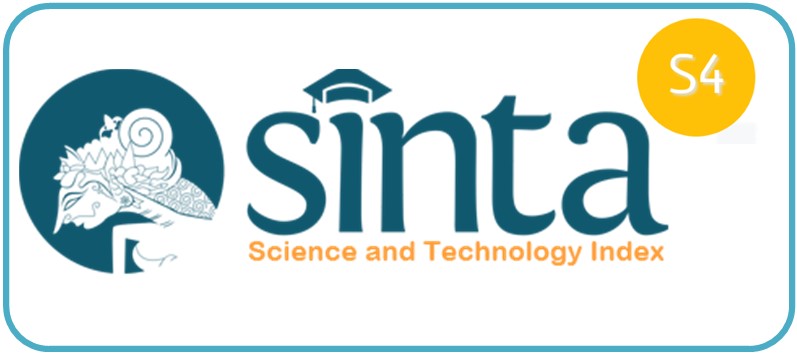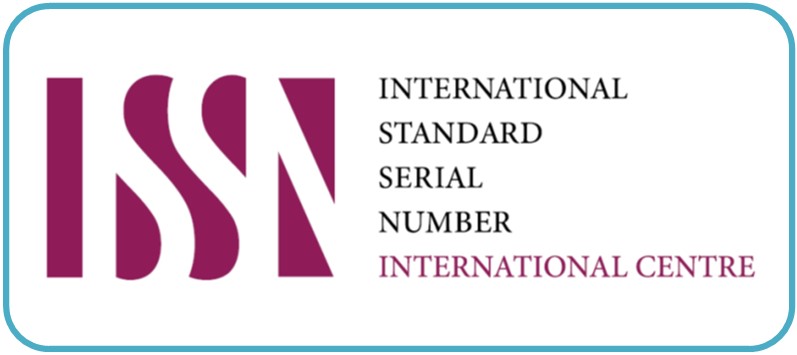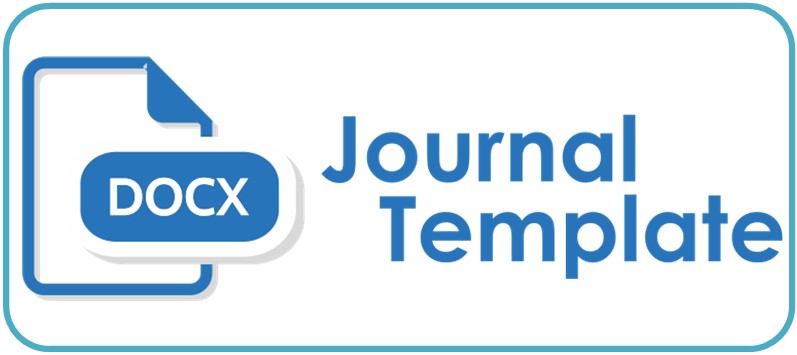ISRA’ MI'RAJ TRADITION AS A FORM FOR MILLENIAL GENERATION CHARACTER
Abstract
The thesis discuss about the value of Isra' Mi'raj in the formation of character for learners
contained in QS Al-Isra verse 1. The study motivated by how important the values of the
formation character for learners contained in the event of Isra' Mi'raj Prophet Muhammad
SAW The purpose of this research is: to know the values of Isra 'Mi'raj deeply in the
formation of student’s character, and they can implement in their daily life. The method of
the reserach uses the type of qualitative research in the form of library research (Library
research) by taking the values of the objects Isra Mi'raj in the formation character
for learners. The sources of data are used general and special reference sources, data
collection techniques is done by using the Library research, the technique of collecting
data by collecting data and reviewing the literature books that contain theories. The
data analysis techniques is using content analysis techniques, namely the step in taking
conclusions as an answer from the formulation of existing problems, and tahlili method is
a method of interpretation that the mufasir explain the content of verses of the Qur'an in
various aspects. The results obtained from this study includes: (1) How Isra 'Mi'raj in the
Qur'an? Isra 'Mi'raj must be with body and soul, not dream and not imagination. Prophet
Muhammad did Isra 'with the spirit and service in the conscious state. (2) What kind of
the character values that contained in QS Al-Isra verse 1? Such as: honest, fair, patient
and istiqomah. (3) How are the implications of the character values Isra 'Mi'raj in QS Al-
Isra' verse 1? Praying, human is required to perform prayers, because people who always
perform their physical and spiritual prayers will be better, healthier, fresher than people
who do not perform prayers. Devoted to parents, it turns out that devote to the parents is
very influential / strategy for the formation of character the leraners. Through effective
communication in formulating the policy of character formation for learners and conduct
joint supervision on the behavior of the learners at school and in the home environment.
Downloads
References
Studi-Studi Islam) Volume 13, Nomor
1(Pembentukan Karakter Melalui
Pendidikan Agama Islam). Gorontalo.
IAIN.
Ainiyah, Nur. 2013. Jurnal Al-Ulum ISSN 1412-
0534 Volume 13, Nomor 1(Pembentukan
Karakter Melalui Pendidikan Agama
Islam). Semarang. Universitas Negeri
Semarang Jawa Tengah.
Al-Mubarakfuri, Syaikh Shafiyyurrahman.
2016. Al-Misbaahul Munir fii Tahdzibii
Tafsir Ibni Katsir. Jakarta. Pustaka Ibnu
Katsir.
Ash Shiddieqy, Teungku Muhammad Hasbi.
2002. Al Bayan Tafsir Penjelas Al-
Qur’anul Karim. Semarang. PT. Pustaka
Rizki Putra.
Az-Zuhaili, Wahbah. 2016. Tafsir Al-Munir.
Jakarta. Gema Insani.
Dasuki, HA Hadizh dkk. 1993. Al-Qur’an dan
Tafsirnya juz 15. Semarang. PT Citra
Effhar.
Departemen Agama RI. 2009. Al-Qur’an dan
Tafsirnya (edisi yang sempurnakan).
Jakarta. Lembaga Percetakan Al-Qur’an
Departemen Agama.
Departemen Agama RI. 2009. Yasmina Al-
Qur’an dan Terjemah. Bandung. Sygma.
Ghafur, Waryono Abdul. 2005. Tafsir Sosial.
Yogyakarta. eLSAQ.
Hamzah, Muchotob dkk. 2017. Pengantar Studi
Aswaja An-Nahdliyah. Yogyakarta. LkiS.
Idayani, Ika. 2016. Implikasi Kisah Isra’ Mi’raj
Terhadap Pendidikan Karakter (Kajian
Q.S Al-Isra’ Ayat 1). Skripsi, Fakultas IlmuTarbiyah dan Keguruan, PAI (Pendidikan
Agama Islam).
Kadri, Muhammad & Ridwan Abdullah
Sani. 2016. Pendidikan Karakter
Mengambangkan Karakter Anak
yangIslami. Jakarta: PT Bumi Aksara.
Mahalli, Ahmad Mudjab. 2002. Membangun
Pribadi Muslim. Jogjakarta. Menara
Kudus.
Maula, Ashfal. 2004. Nilai-nilai Pendidikan
Akhlak Dalam Syair Nasehat KH. R.
Asnawi (Jurnal Pendidikan Agama Islam
Vol.1. No.2).
Muhammad, Ahsin Sakho. 2006. Al-Qur’an
tematis Akhlak. Yogyakarta. Yayasan
SIMAQ.
Munir, Ahmad. 2008.Tafsir Tarbawi. Yogyakarta:
Teras.
Noviyanto, Roif. 2017. Implementasi Pendidikan
Karakter Melalui Kegiatan Keagamaan Di
MI Mathla’ul Anwar Landbaw Kecamatan
Gisting Kabupaten Tanggamus. Lampung.
Universitas Islam Negeri Intan Lampung
Fakultas Tarbiyah san Keguruan Raden
Intan Lampung.
Quthb, Sayyid. 2003. Tafsir Fi Zhilalil-Qur’an.
Jakarta. Darusy-Syuruq Beirut.
Samani, Muchlas dan Hariyanto. Konsep
dan Model Pendidikan Karakter. 2014.
Bandung: PT Remaja Rosdakarya.
Samani, Muchlas dan Hariyanto. Konsep
dan Model Pendidikan Karakter. 2014.
Bandung: PT Remaja Rosdakarya.
Shihab, M. Quraish. 2007. Tafsir Al-Misbah.
Jakarta: LenteraHati.
Syukur, Fatah. 2005. Teknologi Pendidikan.
Semarang: RaSAIL.
Copyright Notice
1. Authors retain copyright and grant the journal right of first publication with the work simultaneously licensed under a Creative Commons Attribution License (CC BY-SA 4.0) that allows others to share (copy and redistribute the material in any medium or format), and adapt (remix, transform, and build upon the material) the work for any purpose, even commercially with an acknowledgement of the work's authorship and initial publication in this journal.
2. Authors are able to enter into separate, additional contractual arrangements for the non-exclusive distribution of the journal's published version of the work (e.g., post it to an institutional repository or publish it in a book), with an acknowledgement of its initial publication in this journal.
3. Authors are permitted and encouraged to post their work online (e.g., in institutional repositories or on their website) prior to and during the submission process, as it can lead to productive exchanges, as well as earlier and greater citation of published work (See The Effect of Open Access).








